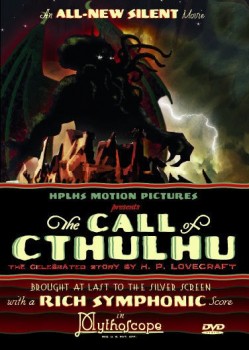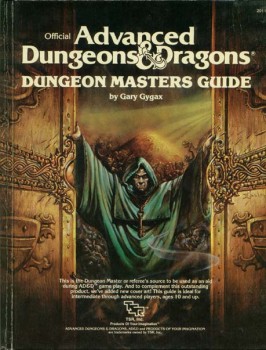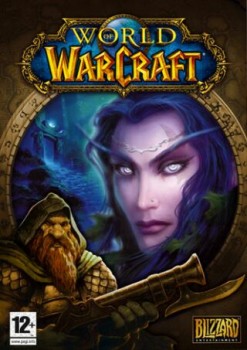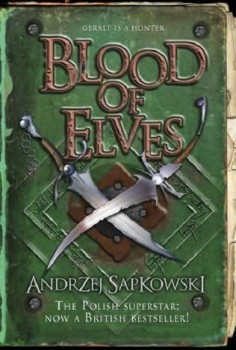Fundraising Month at Ralan’s
 As a significant number of the readers of this site are writers I thought it only appropriate to mention that this month is the annual fundraising month for a terrific writer’s resource, Ralan’s Webstravaganza.
As a significant number of the readers of this site are writers I thought it only appropriate to mention that this month is the annual fundraising month for a terrific writer’s resource, Ralan’s Webstravaganza.
Those of you who use it know why it’s so great: up to date market information on everything from book publishers and pro-markets, calls for anthologies, freezines, pro-markets, contests — in fact just about everything that’s out there is listed at Ralan’s. It’s no exagerration to say that without Ralan’s I would not have found half of the magazines that I currently subscribe to or submit to, including the one I’m typing this post for right now.
So, if you use it, why not kick a little back to the guy that’s been doing all the work of keeping track of this stuff for us for years, Ralan Conley, a guy who doesn’t bombard his users with the hassle of a lot of adds or redirects or phony links. When I think about how much use I get out of Ralan’s over the course of the year, a 10 or 20 dollar donation is peanuts, an absolute bargain for a site that has become my favorite way to find new fiction markets and keep track of everything that is out there.
__________
BILL WARD is a genre writer, editor, and blogger wanted across the Outer Colonies for crimes against the written word. His fiction has appeared in numerous magazines and anthologies, as well as gaming supplements and websites. He is a Contributing Editor and reviewer for Black Gate Magazine, and 423rd in line for the throne of Lost Lemuria. Read more at BILL’s blog, DEEP DOWN GENRE HOUND.
 Directed by Andrew Leman; starring Matt Foyer, Chad Fifer, Noah Wagner, Ramon Allen Jr., and Ralph Lucas.
Directed by Andrew Leman; starring Matt Foyer, Chad Fifer, Noah Wagner, Ramon Allen Jr., and Ralph Lucas. A while back I
A while back I  This is a direct follow up to James Enge’s post yesterday,
This is a direct follow up to James Enge’s post yesterday,  The film spares no trick in getting the celebratory atmosphere just so — for the court is alive with news that an entire treasure fleet of the hated Spaniards has been captured, the funds diverted to her majesty’s treasury, the ships scuttled or pressed into privateering service for the Crown. Elizabeth herself blushes in anticipation of receiving the hero of the hour, the man whose name is on every tongue (and has been for quite some time, truth be told), Vice Admiral Sir Francis Drake. The tension builds, the courtiers grow restless, the lavish entertainments are ignored. All necks stretch, even the alabaster column of the monarch’s herself, when the herald announces the great man’s arrival and the doors swing open.
The film spares no trick in getting the celebratory atmosphere just so — for the court is alive with news that an entire treasure fleet of the hated Spaniards has been captured, the funds diverted to her majesty’s treasury, the ships scuttled or pressed into privateering service for the Crown. Elizabeth herself blushes in anticipation of receiving the hero of the hour, the man whose name is on every tongue (and has been for quite some time, truth be told), Vice Admiral Sir Francis Drake. The tension builds, the courtiers grow restless, the lavish entertainments are ignored. All necks stretch, even the alabaster column of the monarch’s herself, when the herald announces the great man’s arrival and the doors swing open. A
A  Come with me, if you will, to a magical, improbable land. A land where ideas and craft outweigh brand recognition and marketing potential, where films are the visions of writers and directors rather than of moneyed committees, and where the word ‘remake’ is most commonly associated with smoothing the bedsheets after a midday nap. It’s a place perhaps more fantastic than worlds of warring orcs and elves, since at least the orcs and elves are behaving according to their nature.
Come with me, if you will, to a magical, improbable land. A land where ideas and craft outweigh brand recognition and marketing potential, where films are the visions of writers and directors rather than of moneyed committees, and where the word ‘remake’ is most commonly associated with smoothing the bedsheets after a midday nap. It’s a place perhaps more fantastic than worlds of warring orcs and elves, since at least the orcs and elves are behaving according to their nature. Charles Saunders has posted a terrific short story over at
Charles Saunders has posted a terrific short story over at  My first thought upon hearing that Andrzej Sapkowski had won the inaugural
My first thought upon hearing that Andrzej Sapkowski had won the inaugural  Recently I received a bit of a surprise when I went to a local library that has long been one of my ambush zones for the acquisition of unsuspecting books. All those lovely 25 cent mass market paperbacks with the stickers on the spine, all those nicely broken-in trades, all those hardbacks with the covers mylared over and glued down, were gone. Vanished. Whisked away on an electron breeze to inhabit the alternate world of the internet.
Recently I received a bit of a surprise when I went to a local library that has long been one of my ambush zones for the acquisition of unsuspecting books. All those lovely 25 cent mass market paperbacks with the stickers on the spine, all those nicely broken-in trades, all those hardbacks with the covers mylared over and glued down, were gone. Vanished. Whisked away on an electron breeze to inhabit the alternate world of the internet.